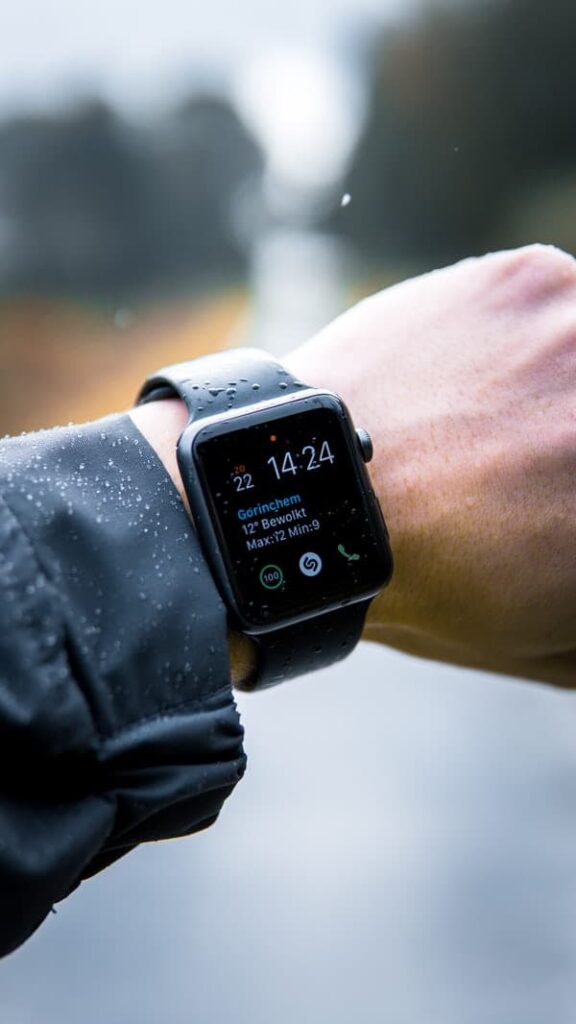The death of the digital watch, and other fables
Remember the digital watch? Back in the 1980s, I was obsessed with getting one for my birthday. They were sci-fi, they were cool, they could do things other watches couldn’t. If Dad was wearing a traditional watch with a big hand and a little hand telling him the time, then I should have the future strapped to my wrist!
Digital watches turned out to be a fad for most people. A digital watch never helped me tell the time any better than my old Mickey Mouse one did when I was six. All the extra ‘digital’ features – calculators, games, calendars – were just not practical. Soon, most people realized watch faces were just as effective at telling the time and looked so much nicer.
Digital watches aside, I still get excited when some new technology comes along that just seems so clever, so right, so damn useful that I feel like bowing down before the genius of it. Think back to how we were when mobile phones arrived, or the GPS in our cars or mp3 players. All these instant consumers need to be identified and satisfied – for the moment. Despite years of getting where we were going without Yoda telling us when we’ve missed a turn, now we want to be told. But unlike digital watches, some great gadgets have stayed with us and show no signs of ever fading.
Great innovations sell deeper to meet needs we never knew weren’t fully met. I am never parted from my mobile. The moment I saw an iPod, I fell in love. My new e-book reader is a constant companion. These innovations haven’t created new needs, but they do help us satisfy an existing need far better.
The same is true online. Mark Zuckerberg, the boy-faced evil-genius behind Facebook understands very well the difference between digital gimmickry and long-term innovation. When asked how to create a successful online community, Zuckerberg retorted: “You don’t start communities. They already exist. They are already doing what they want to do. The question you should ask is, ‘How can I help them do it better?’”
Likewise, GPS devices didn’t encourage people to get into their cars and drive places – they were already doing it. The GPS innovators simply bolted together available digital tools – touchscreens, satellite positioning, mobile technology – to create devices that made navigation so much easier. The mobile phone wasn’t a completely new concept to everyone, but it was a darn sight more convenient than finding a payphone to make a call and of course, made us contactable wherever we happened to be (as long as it’s in range). Sure, I was already reading web pages before search engines came along, but they made it far easier for me to find that specific Zuckerberg quote in all of those millions of words written about him online. (Far easier than going into the next room and getting the book off the shelf, even!)
So, when planning your website, don’t create a digital watch by merely creating an online copy of your existing sales model. What can you achieve with the various digital tools at your disposal to make the experience better? What problems can be solved for your audience? What innovative approach would make your customers gasp at the forehead-slapping convenience of it all? How can you use the various tools at your disposal to help your customers achieve their goals better?
Because your online business is more about them than it is about you.





